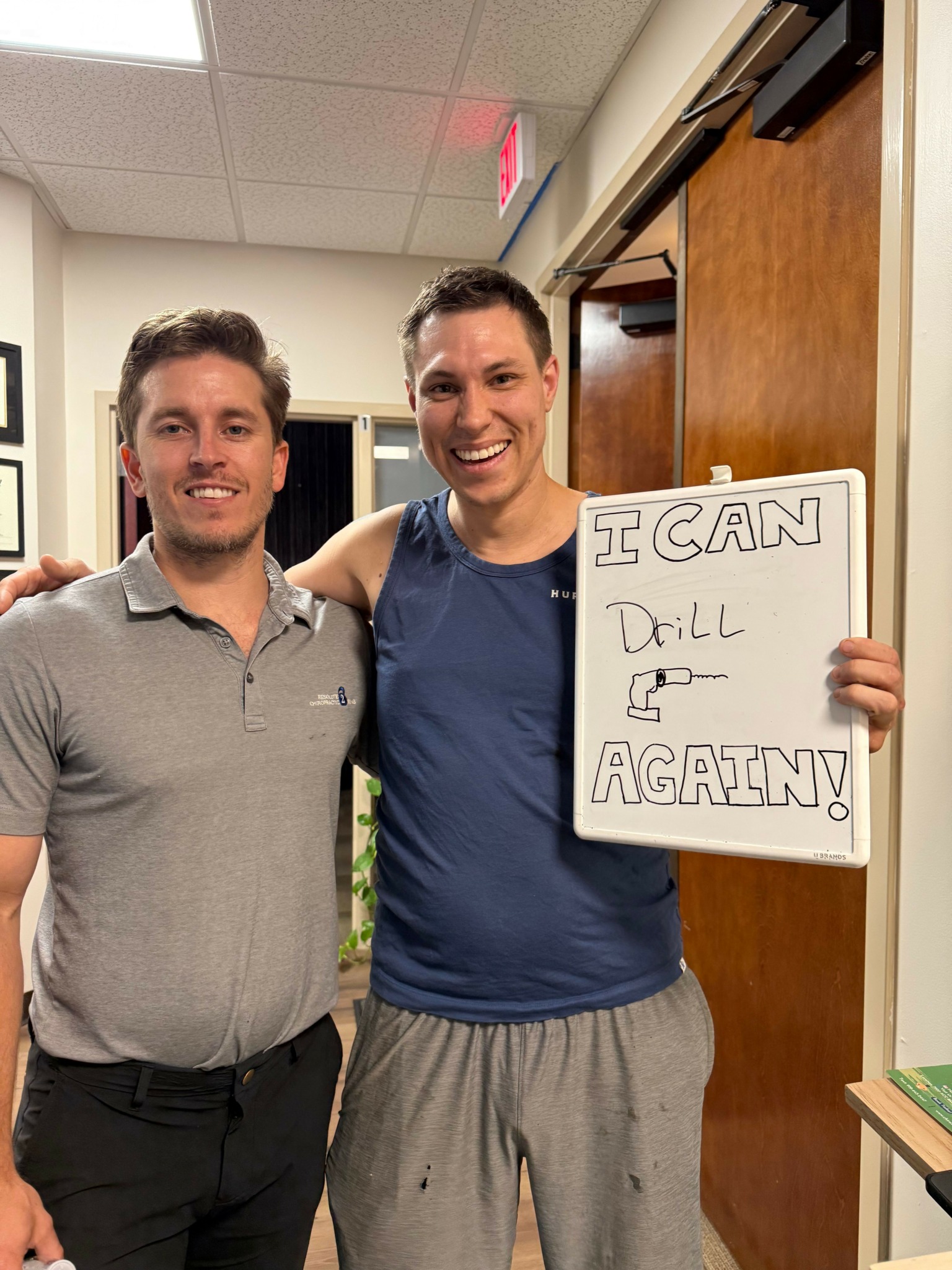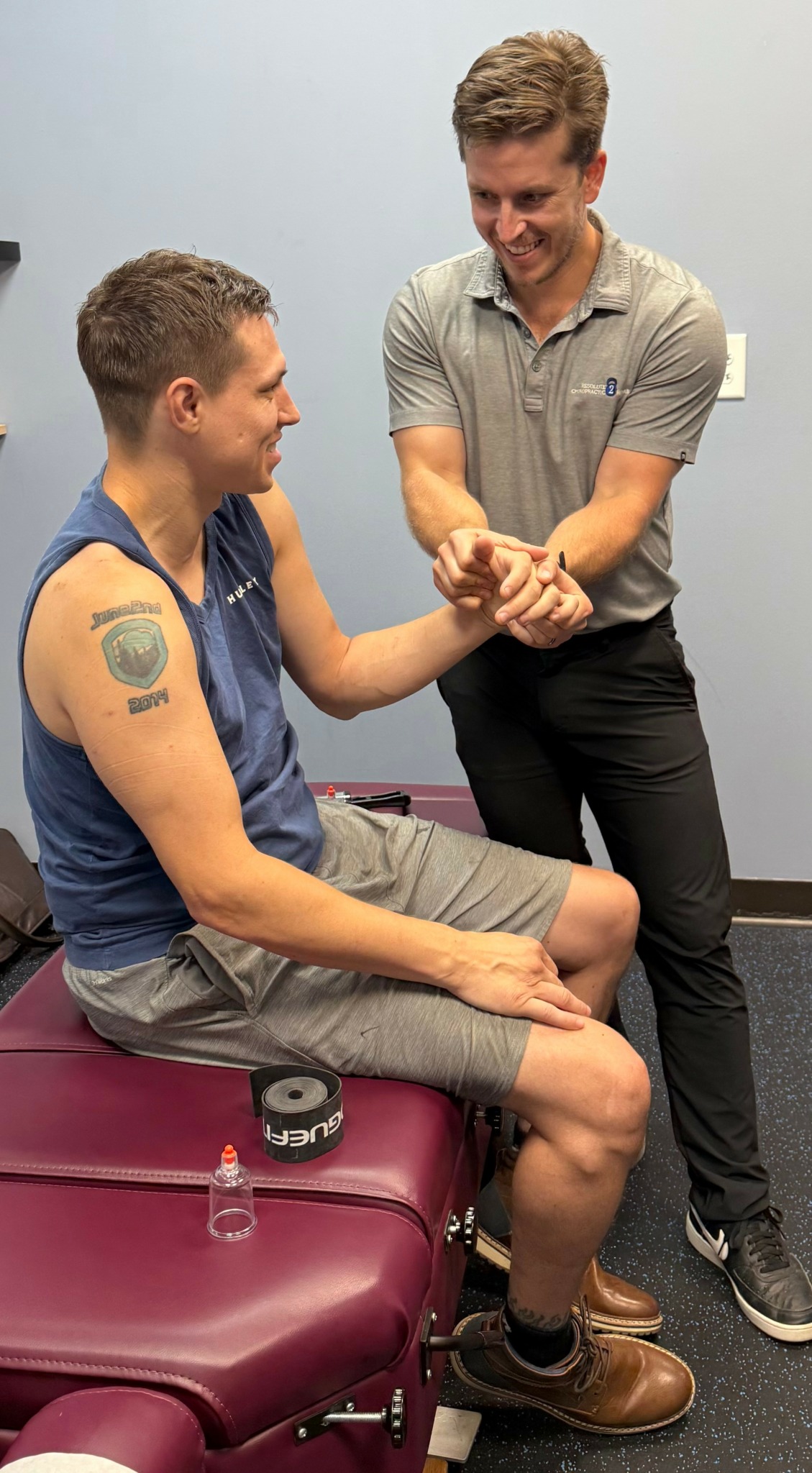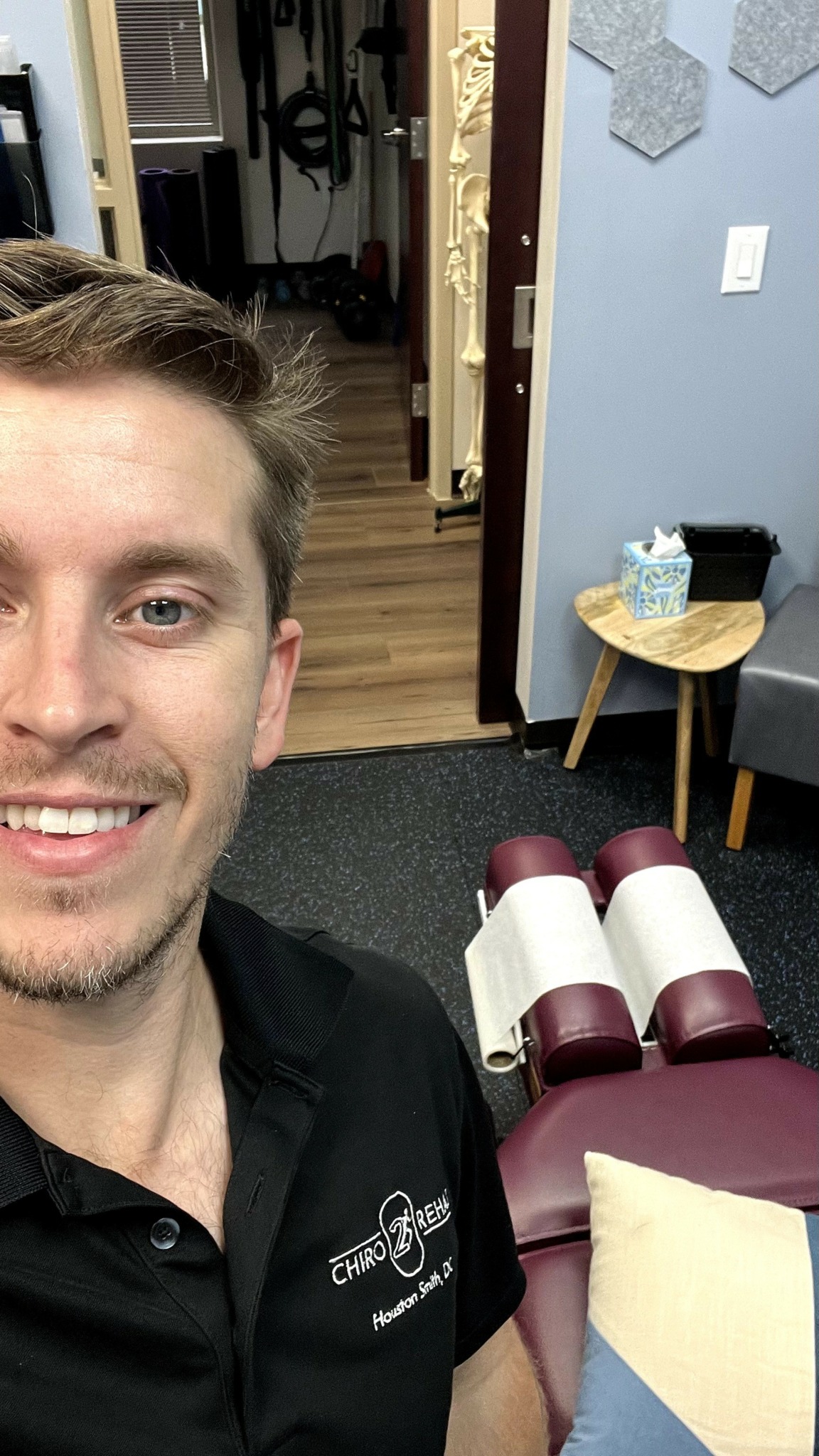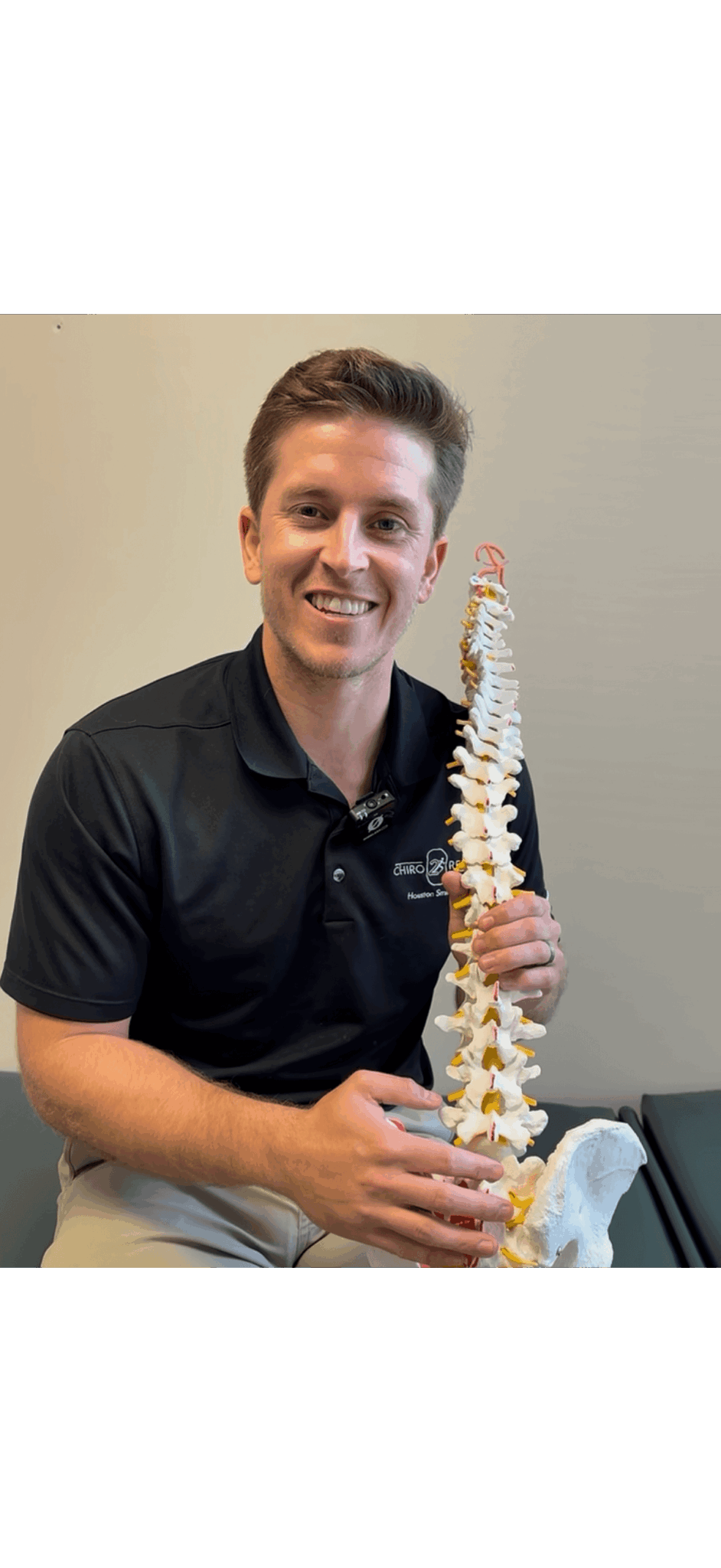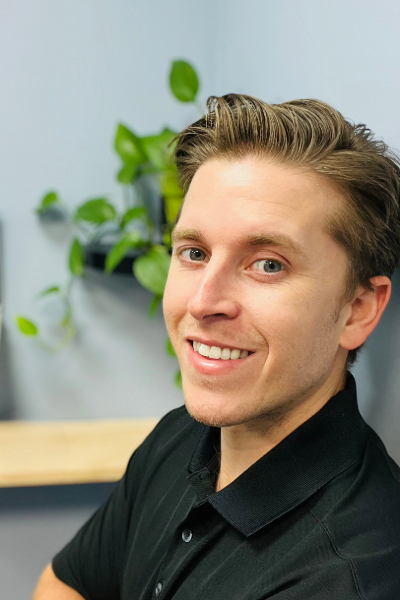Alright – so today we’ve got the honor of introducing you to Houston Smith. We think you’ll enjoy our conversation, we’ve shared it below.
Houston, appreciate you joining us today. We’d love to hear stories from your time in school/training/etc.
I was barely through my second trimester in chiropractic school when I seriously started questioning everything.
The exams were brutal, my palpation skills felt more like awkward pokes than diagnostic tools, and the constant stream of information and spinal pathways kept me up at night. I remember thinking, Maybe I’m not cut out for this. I’d always admired chiropractic from the outside—the philosophy, the hands-on care, the idea of helping people without drugs or surgery—but from the inside, it suddenly felt overwhelming.
Then, during one of those long mornings, I sheepishly gazed up at the PowerPoint and saw March 7th 1845, the birthday of DD Palmer, better known as the founder of Chiropractic. I shared a birthday with DD Palmer.
It wasn’t just a coincidence—it felt like a weird kind of confirmation.
From then on, whenever I struggled in class or doubted my place in the field, I thought back to that date. The synchronicity didn’t suddenly make biomechanics easier or neuroanatomy less complex, but it gave me a sense of connection. Like maybe I was meant to be on this path, even if it was hard. Especially because it was hard.
By the time I walked across the stage at graduation, I wasn’t just surviving the program—I was proud of who I’d become through it.
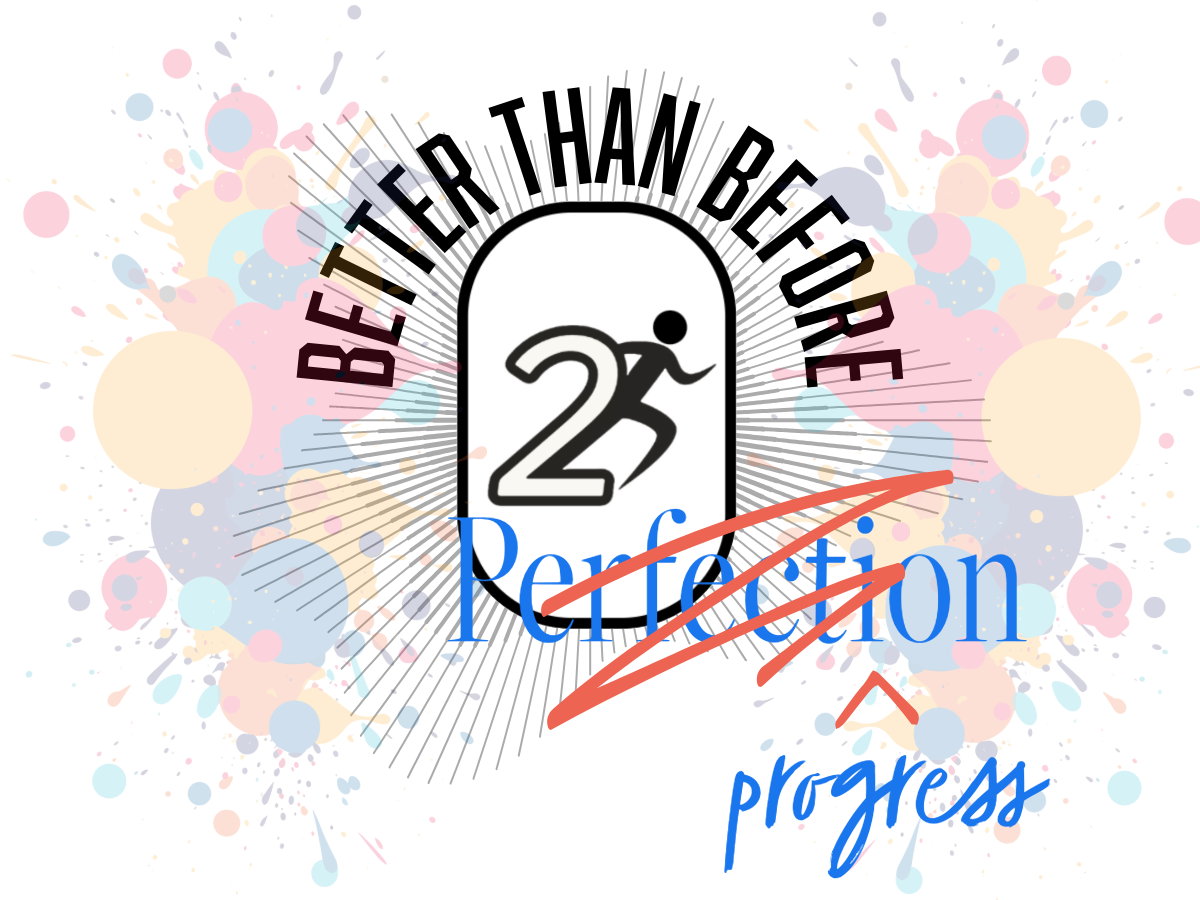
Houston, before we move on to more of these sorts of questions, can you take some time to bring our readers up to speed on you and what you do?
I never thought a broken ankle would change my life for the better.
It happened during a soccer match in my freshman year of high school. An awkward landing after a slide tackle, and I heard the snap before I even hit the ground. The pain was sharp, but the real hurt came a few weeks later when the orthopedic doc told me I might not play at the same level again.
After multiple casts, and a boot, I could walk. I could jog. But every time I tried to push myself—cutting, sprinting, planting off that ankle—it just didn’t feel right. I started compensating, shifting my weight weirdly without even realizing it. My knee started hurting. Then my hip. And suddenly, it wasn’t just about the ankle anymore. My whole body was off.
That’s when my mom actually recommended I see a chiropractor. I was skeptical at first. I didn’t think it had anything to do with athletic recovery or biomechanics. But at that point, I was out of options and desperate to get back on the field.
From my first visit, everything changed. This chiropractor didn’t just look at my ankle—he looked at me as a whole system. He found imbalances in my gait, compensations in my pelvis, tightness in places I hadn’t even noticed. It wasn’t just adjustments, either. He worked with me on posture, mobility, and rebuilding proper movement patterns. He explained how the nervous system integrates with biomechanics—stuff I’d never even thought about.
Week by week, things improved. Not just the pain, but the function. I started trusting my body again. I moved cleaner. Stronger. More balanced. It was like someone had hit a reset button, only better—because now I understood how everything connected.
I made it back to the field that season. Not 100% at first, but close enough to compete. And more importantly, I had a new respect for the human body—and for chiropractic.
That experience stuck with me. So much so that when college came around, I started thinking less about playing soccer and more about helping people get back to what they love. Just like someone helped me
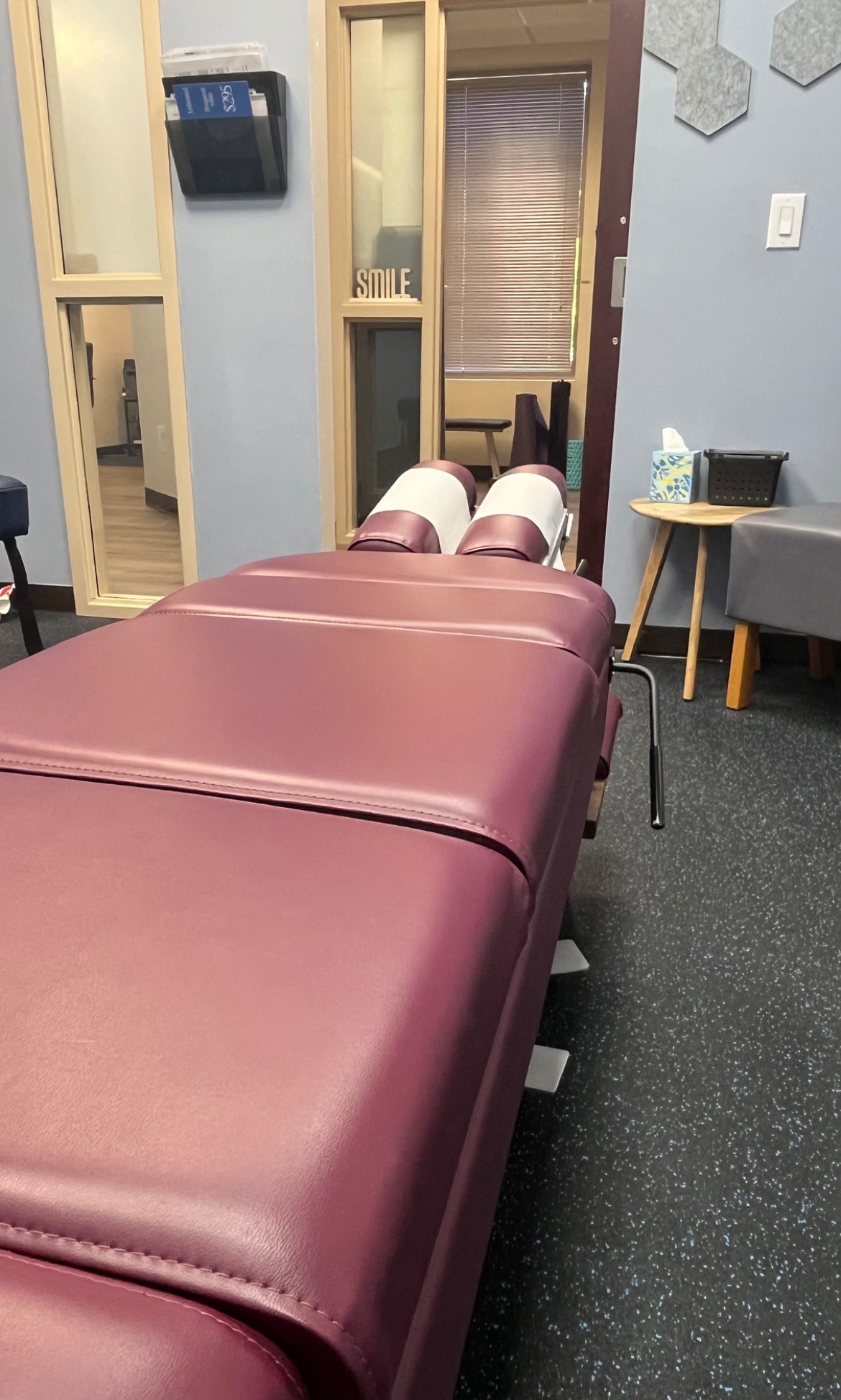
Are there any books, videos, essays or other resources that have significantly impacted your management and entrepreneurial thinking and philosophy?
Reading Profit First by Mike Michalowicz was a game-changer for me, not just in how I view accounting, but in how I approach business as a whole.
Before reading it, I always thought profit was something that came after everything else: after rent, payroll, taxes, equipment, marketing—the leftovers, basically. The problem was, there were rarely leftovers. I’d look at gross revenue and think, We’re doing okay, but the bank account told a different story. It was a constant cycle of stress, feast and famine, and unclear financial direction.
Profit First flipped that thinking completely. The core idea that businesses should take profit first, and then learn to operate within the constraints of what’s left seemed simple at first. But when I implemented it, I realized how powerful that framework really is.
It forced me to get clear and intentional about every dollar. I started allocating funds into different accounts: profit, owner’s pay, taxes, and operating expenses. Suddenly, I could actually see what was available and what wasn’t. It wasn’t just theoretical accounting anymore it was cash management, made visual and real.
The psychological shift was just as important as the practical one. I stopped feeling like I was working for the business and started feeling like the business was working for me.
Ultimately, Profit First helped me realize that good accounting isn’t about looking backward—it’s about designing a system that keeps you in control moving forward. Whether I’m running my own business or advising others, this mindset has become foundational.
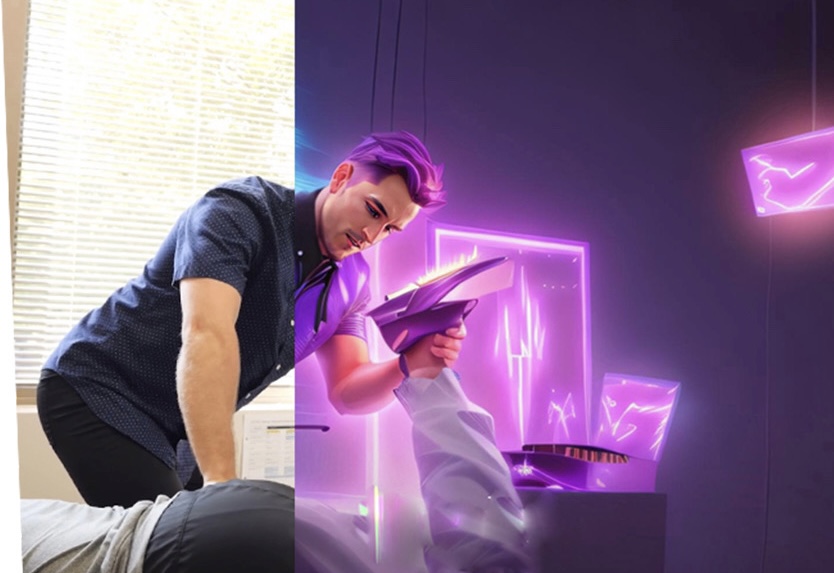
Putting training and knowledge aside, what else do you think really matters in terms of succeeding in your field?
Patients don’t always understand what chiropractic care does. Unlike more familiar medical treatments, chiropractic can be mysterious or even misunderstood. Being able to explain complex biomechanical or neurological concepts in simple, relatable terms builds confidence and compliance. Retention depends on connection. Patients who feel seen, heard, and informed are far more likely to return, follow care plans, and refer others. Clear communication sets you apart. In a competitive market.
Contact Info:
- Website: https://www.chiro2rehab.com
- Instagram: @chiro2rehab
